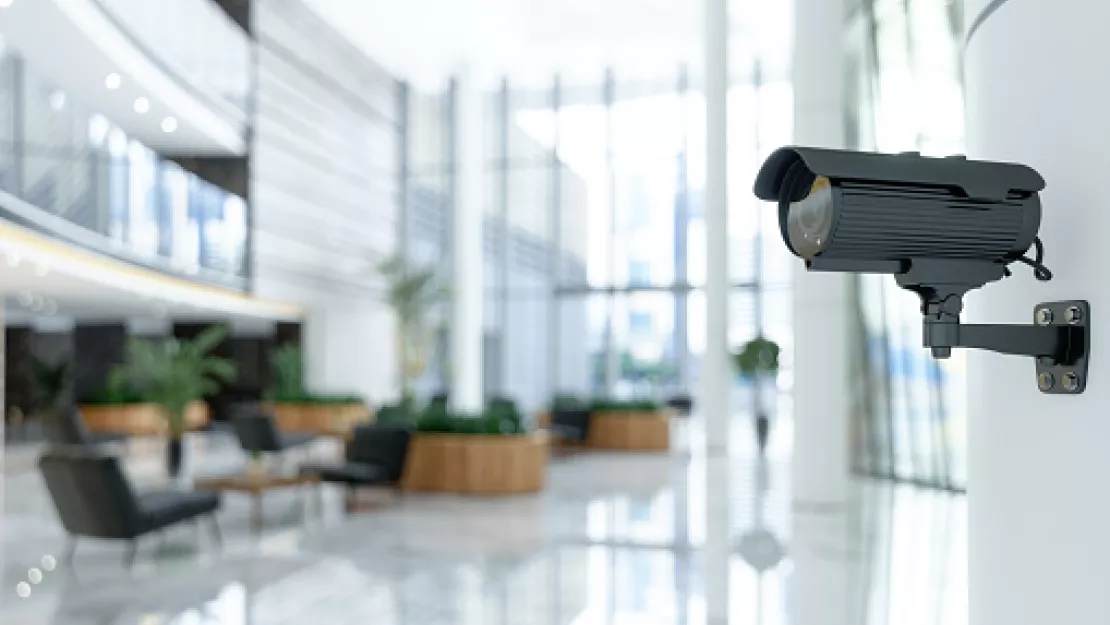Introduction
Security cameras have become a common feature in the workplace. They provide a sense of security and deter theft and other forms of criminal activity. However, the use of security cameras in the workplace raises a number of legal and ethical concerns. This article will explore the legal and ethical implications of using security cameras in the workplace.
Legal Implications
The use of security cameras from Coram.ai in the workplace is regulated by both federal and state laws. In the United States, the use of security cameras in the workplace is governed by the Fourth Amendment of the Constitution, which protects against unreasonable searches and seizures. Employers are required to obtain consent from employees before installing security cameras in the workplace. Failure to obtain consent can result in legal action against the employer.
Employers must also ensure that the use of security cameras does not violate employees’ privacy rights. Employers are not allowed to monitor employees in areas where they have a reasonable expectation of privacy, such as restrooms and changing rooms. Employers must also ensure that the footage obtained through security cameras is kept confidential and used only for legitimate business purposes.
Ethical Implications
The use of security cameras in the workplace also raises ethical concerns. Employees may feel that their privacy is being invaded and that they are being constantly monitored. This can lead to feelings of distrust and resentment towards their employer. It is important for employers to be transparent about their use of security cameras and to communicate their reasons for using them to their employees.
Employers must also ensure that the use of security cameras is not discriminatory. Security cameras should be installed in a way that does not target specific groups of employees, such as those of a certain race or gender. Employers must also ensure that the use of security cameras does not lead to the harassment or bullying of employees.
Benefits of Using Security Cameras in the Workplace
Despite the legal and ethical concerns surrounding the use of security cameras in the workplace, there are also benefits to their use. Security cameras can deter criminal activity and theft, which can save employers money in the long run. Security cameras can also help to prevent workplace violence and harassment, which can create a safer and more productive workplace for all employees.
Security cameras can also be used to monitor employee performance and ensure that employees are following company policies and procedures. This can lead to increased productivity and efficiency in the workplace.
Conclusion
The use of security cameras in the workplace has both legal and ethical implications. Employers must ensure that they are complying with all federal and state laws regarding the use of security cameras and that they are not violating their employees’ privacy rights. Employers must also be transparent about their use of security cameras and communicate their reasons for using them to their employees. While there are benefits to the use of security cameras in the workplace, employers must weigh these benefits against potential legal and ethical concerns.
